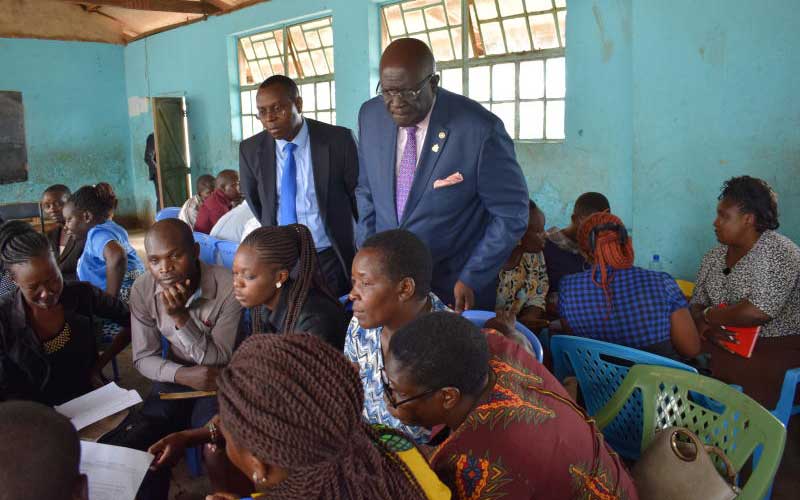
A first-ever national conference on education took place in Nairobi last week, bringing together a wide range of stakeholders including parents, representatives of trades unions, students, religious leaders, education professionals and governance civil society activists.
The conference was the more remarkable because convening it was the subject of overt political disapproval, which the organisers had to overcome just to make it happen. The Ministry of Education brought forward its parallel event which now coincided, and competed for attention, with the conference. The ministry also piled pressure on the already beleaguered Kenya National Union of Teachers (Knut) and as a result a sizeable number of its members, who had already registered for the conference, stayed away. Further the ministry chose not to honour an invitation to attend the conference, meaning that no official response to the many questions raised was possible.